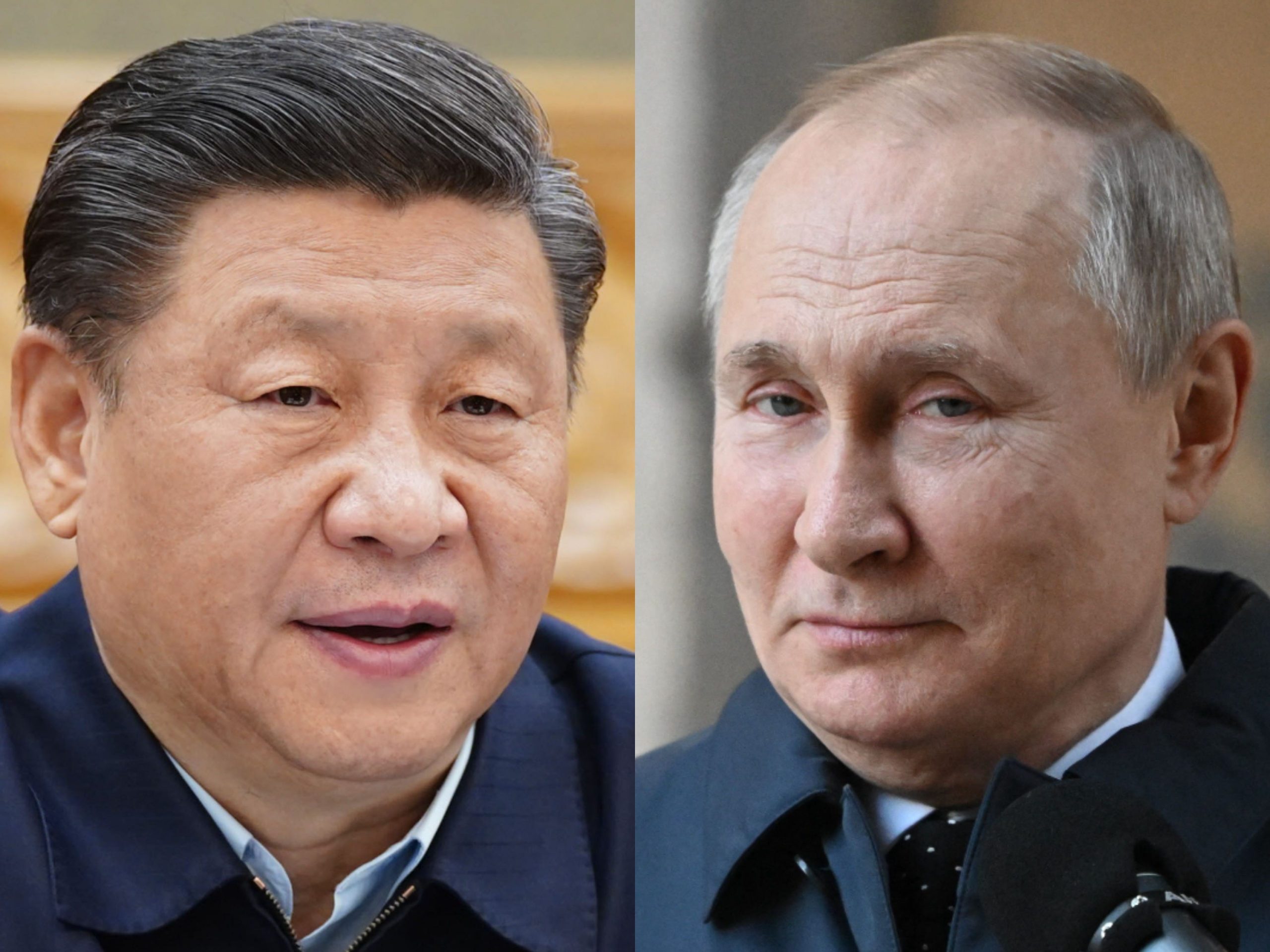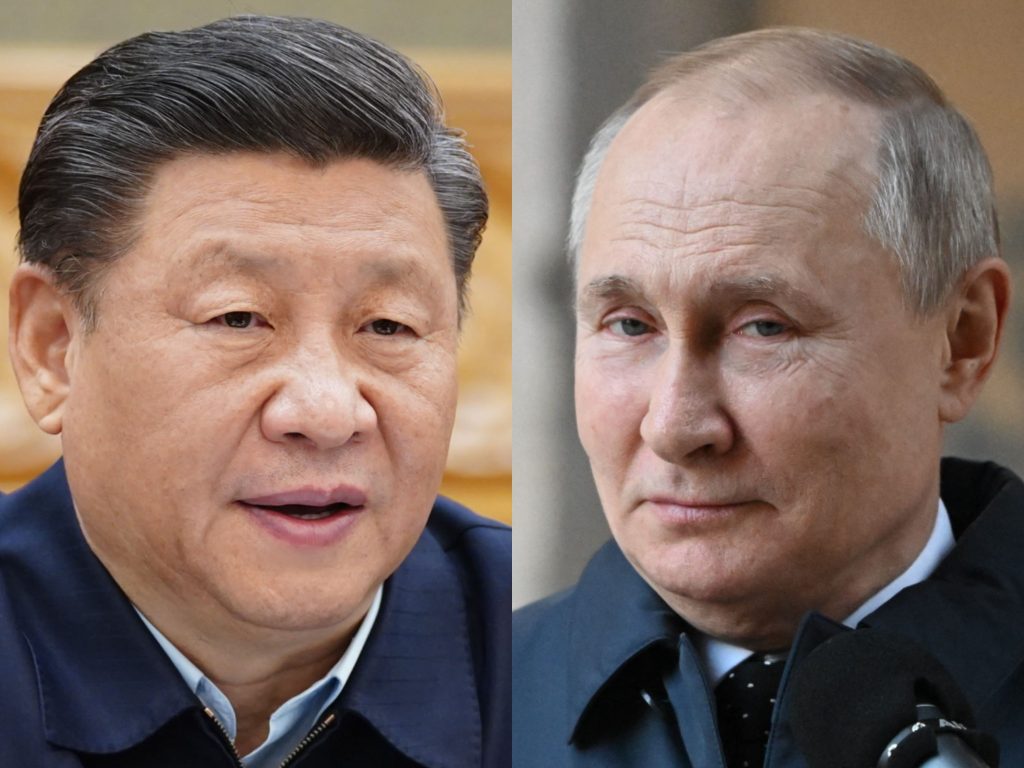
- Russia's Gazprom said Monday it signed a contract to design a huge Russia-China natural gas pipeline.
- The Soyuz Vostok pipeline would deliver up to 1.77 trillion cubic feet of natural gas each year via Mongolia.
- Sanctions imposed by Western nations have hobbled Russia's economy after it invaded Ukraine.
Russia is pushing ahead with plans to build a new massive pipeline carrying natural gas to China as Western sanctions strangle its economy.
Gazprom, the Kremlin-controlled energy giant, said on Monday that it had signed a contract to perform design and survey work as part of the construction of the Soyuz Vostok gas pipeline.
The proposed pipeline would deliver up to 50 billion cubic meters (1.77 trillion cubic feet) of Russian natural gas each year to China via Mongolia, Gazprom said.
Bloomberg reported that if plans for the pipeline went through, it could be Gazprom's biggest-ever deal with China.
Countries and trade blocs including the European Union, UK, US, Canada, and Japan have responded to Russia's invasion of Ukraine with sanctions designed to hobble Russia's economy.
The measures have targeted the banking system and trade, among other areas, and have led to a slump in the ruble, a huge hike in interest rates, and rising inflation.
But crucially, the West hasn't yet banned Russian energy imports. Europe gets around 40% of its natural gas supply from Russia and has continued to rely on it since the invasion started.
China, meanwhile, has avoided criticism of Russia's move into Ukraine, and repeatedly refrained from calling Moscow's actions an invasion. China is Russia's biggest trade partner for both exports and imports, according to Reuters, and bought a third of Russia's crude oil exports in 2020. It supplies Russia with manufactured products from cell phones and computers to toys and clothing.
The Soyuz Vostok link could offer Russia better access to alternative markets in the East as energy majors in the West announced they were divesting from their Russian interests. Shell said on Tuesday that it was pulling out from its joint ventures with Gazprom and related businesses, while BP said it's dumping its 20% stake in the Russian state-backed oil firm Rosneft.
Germany also halted plans for the Nord Stream 2 gas pipeline, designed to carry gas between Russia and mainland Europe, though German energy firm E.ON said it had rejected calls to shut down the Nord Stream 1 pipeline, which continues to pump Russian natural gas to Europe.
Bloomberg reported that if Russia and China reached a new supply deal, Gazprom could build an interconnector between its westbound and eastbound pipeline systems, allowing it to divert gas from fields that currently only supply Europe, to China instead.
The energy company said that Alexei Miller, chair of the Gazprom Management Committee, and Sainbuyan Amarsaikhan, deputy prime minister of Mongolia, discussed the Soyuz Vostok project at a meeting on Monday.
The Soyuz Vostok is also known as the Power of Siberia 2 pipeline. The Power of Siberia 1 pipeline has been pumping natural gas from Russia to China since 2019 as part of a 30-year, $400-billion deal, Bloomberg reported.
